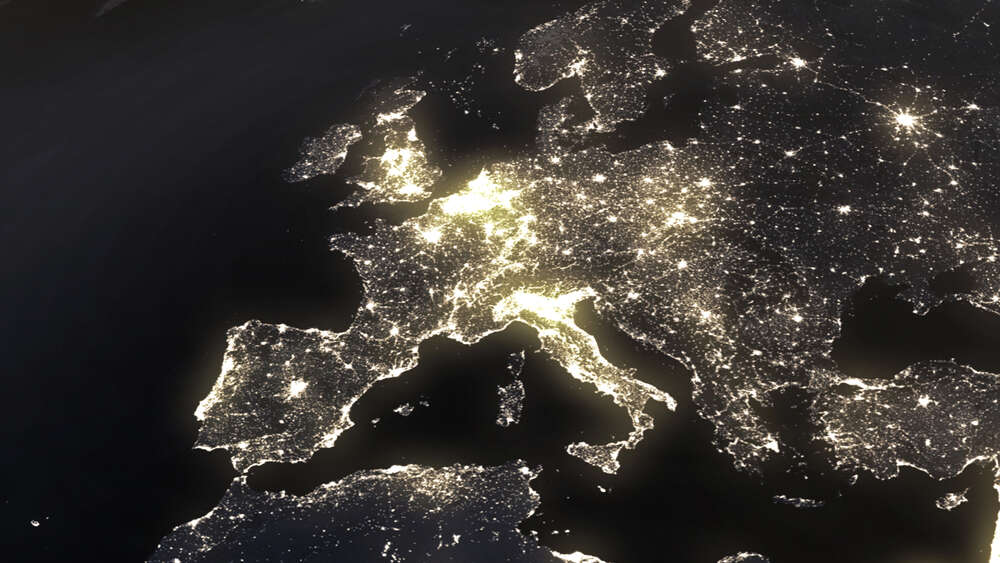
European technology start-ups will likely only raise just over half of the money they attracted last year, according to a new report by venture capital group Atomico. Funding for these companies is predicted to hit $45bn by the end of 2023 compared to $82bn last year.
Despite this, Atomico’s State of European Tech report found grounds for optimism, with Europe continuing to produce more tech founders than the US and the overall value of the continent’s tech ecosystem increasing to $3trn this year.

Atomico attributes the 45% decline in funding for European start-ups to multiple economic factors, including rising global interest rates and a general fall in the percentage share of venture capital coming from US funds falling from 39% in 2021 to 25% this year. Fintech and insurtech providers were the biggest losers, with investment in that sub-sector declining by almost 10% year-on-year. Funding for software start-ups also declined by 8%.
Large-scale funding rounds have largely disappeared in Europe this year, too. There has been little appetite for large-scale IPOs in Europe, either, with only two public offerings worth over a billion dollars taking place: that of IONOS Group, a German cloud infrastructure provider, and CAB Payments, a UK-based fintech start-up. UK chip design giant Arm also chose to go public this year, albeit in the US.
Cautious, AI-fuelled optimism on the European start-up scene
Despite this, Atomico argues that this is a time for “cautious optimism” for Europe’s tech scene. Investment in the region’s AI start-ups, for example, rose substantially throughout this year, with 11 out of 36 of the firms striking deals worth more than $100m belonging to the sector. Funding for climate tech start-ups also tripled compared with 2021, accounting for 27% of all capital invested in the European sector this year. While that may be good news for techno-utopians, an addendum to the report written by HSBC Innovation Banking warned that such start-ups “typically take a lot of money to scale,” and that investors would “need to revise their playbook to back these capital-intensive long-term businesses.”
The market for “seed” funding, meanwhile, has remained relatively vibrant. This has prompted Atomico to conclude that the European start-up sector’s resiliency has grown relative to recent downturns, though its head of intelligence Tom Wehmeier warned that the industry found itself at a crossroads.
“We are at a crucial moment in the innovation cycle, standing before the greatest funding imperative we’ve seen in generations,” said Wehmeier. “European investors, both private and institutional, now need to plug this gap in funding if Europe is to reach its full potential.”






